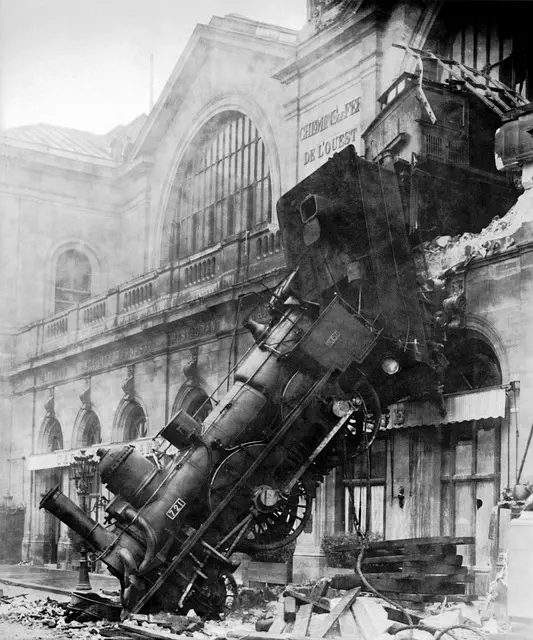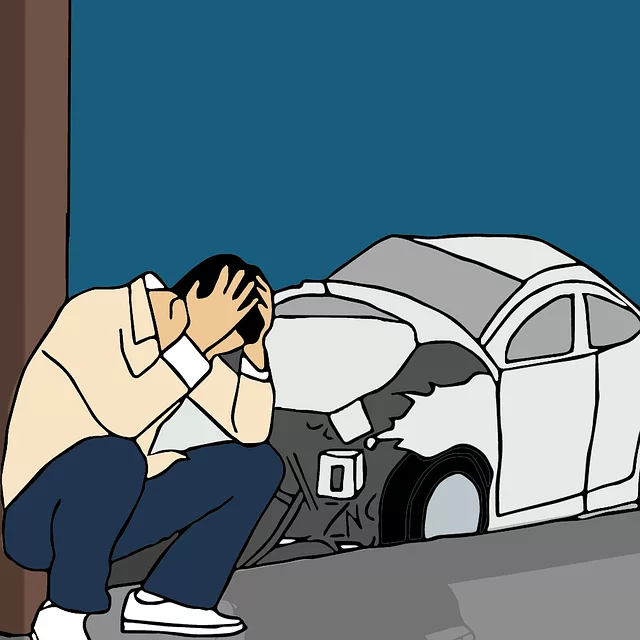Workplace safety regulations in New York State protect employees from hazards and prevent accidents. These rules apply to businesses like law firms in Queens or the Bronx, where slip and fall cases are common. Slip and fall attorneys in these areas must understand these regulations to effectively represent clients. The New York State Department of Labor sets and enforces standards on ergonomics, hazard communication, and emergency exits, fostering safety and reducing incidents. In New York, property owners have a duty to maintain safe premises, and individuals who slip and fall may be entitled to compensation through personal injury claims. Slip and fall attorneys in the Bronx specialize in navigating these complex cases.
“Workplace safety is a critical aspect of any business, and in New York City, particularly Queens and the Bronx, understanding and adhering to slip and fall regulations can be the difference between a successful claim and a costly lawsuit. This article explores the legal framework surrounding workplace injuries, focusing on slip and fall incidents in NYC. We’ll delve into effective training strategies for prevention, including identifying high-risk areas, employee training, regular inspections, and advanced safety technologies. By understanding these measures, businesses can enhance their safety standards and avoid legal repercussions, especially with the help of a slip and fall attorney Bronx residents trust.”
- Understanding Workplace Safety Regulations and Their Relevance:
- – Overview of New York State's slip and fall laws and their application in Queens and the Bronx.
Understanding Workplace Safety Regulations and Their Relevance:

Workplace safety regulations are vital laws designed to protect employees from hazardous conditions and prevent accidents. These rules are relevant for all businesses, including law firms in Queens or the Bronx, where slip and fall cases are not uncommon. Lawyers who specialize in these matters must have a solid understanding of these regulations to effectively represent their clients.
The New York State Department of Labor and other regulatory bodies set and enforce standards related to everything from proper ergonomics and hazard communication to emergency exit requirements. Compliance with these rules is not just about avoiding penalties; it’s also key to fostering a safe environment, reducing workplace incidents, and ensuring legal protection for both employees and employers.
– Overview of New York State's slip and fall laws and their application in Queens and the Bronx.

In New York State, including Queens and the Bronx, slip and fall accidents are governed by a set of laws designed to protect individuals from harm caused by dangerous conditions on another’s property. These laws hold property owners, including businesses and public entities, accountable for maintaining safe premises. If a person slips and falls due to a hazardous condition that should have been addressed, they may be entitled to compensation for their injuries through a slip and fall lawsuit. A slip and fall attorney Bronx residents trust can help navigate these complex legal issues and ensure victims receive fair and just restitution.
Under New York law, property owners have a duty of care to maintain their premises in a reasonably safe condition. This includes addressing issues like uneven floors, leaking liquids, or ice and snow accumulation. If a property owner fails to meet this duty and an individual sustains injuries as a result, the victim may file a personal injury claim. Slip and fall attorneys in the Bronx have extensive experience navigating these cases, from gathering evidence to negotiating settlements or taking cases to trial.
If you’ve suffered a slip and fall accident in Queens or the Bronx, understanding your rights under New York State’s slip and fall laws is crucial. Don’t navigate this complex landscape alone; consult a skilled slip and fall attorney Bronx residents trust to ensure justice and fair compensation for your injuries. Remember that legal expertise can make all the difference in the outcome of your case.
